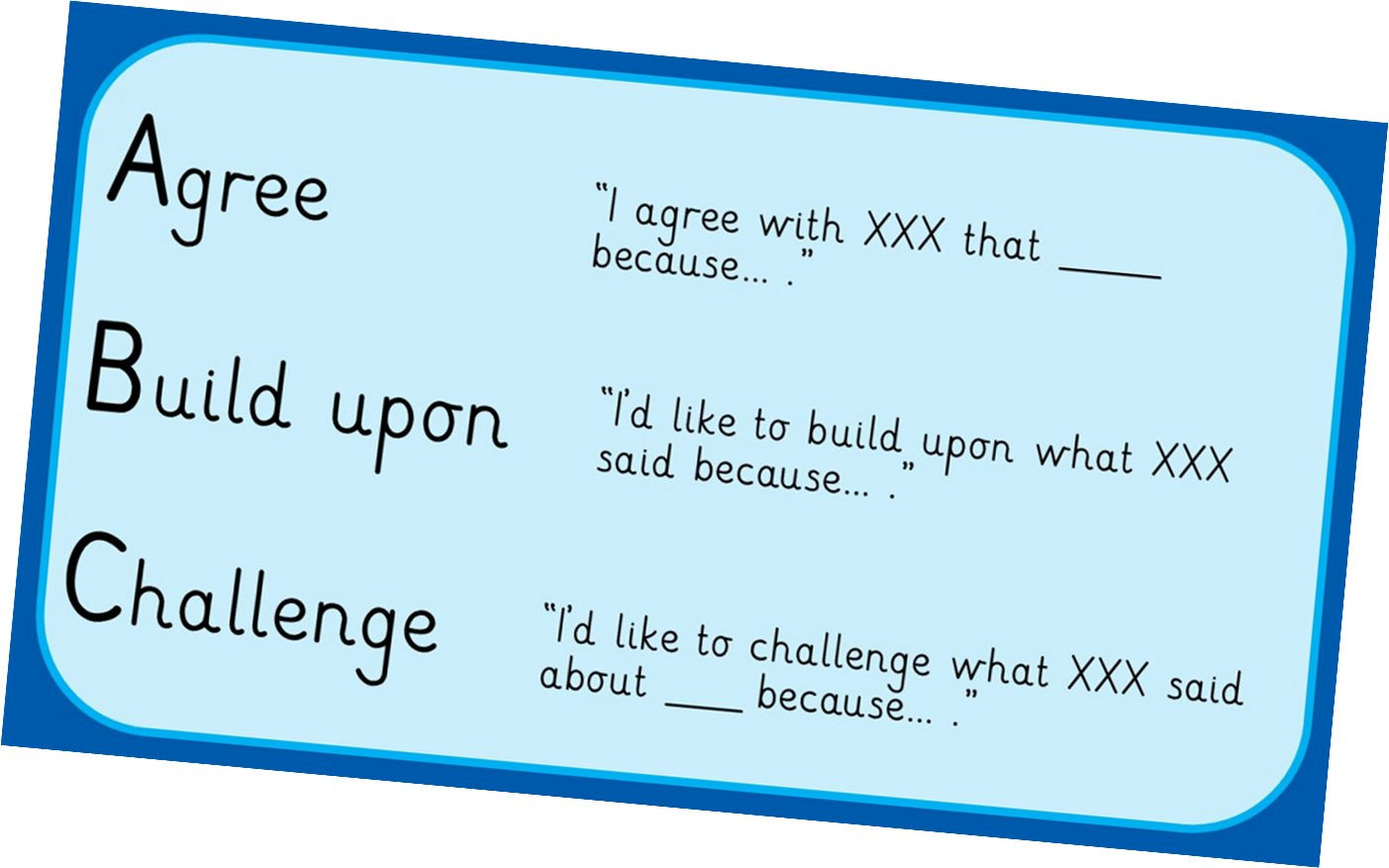Oracy
Oracy is the ability to articulate ideas, develop understanding and engage with others through spoken language. At Talbot Primary School, we believe this is a fundamental skill and seek to include opportunities to incorporate this throughout our curriculum - not just in Reading and Writing lessons.
Through the development of oracy, we seek to equip our pupils with lifelong skills that extend beyond the curriculum. Our aim is to enable our pupils to express themselves clearly through effective communication with a range of audience types. The teaching of these skills is encouraged in all areas of the curriculum - not just as a way of enhancing our pupils as communicators but also to ensure our lessons are engaging and stimulating.
So much in life depends on being a good communicator, so it’s vital that children learn the importance of oracy from a young age. Children who start school with limited communication skills are six times less likely than their peers to reach the expected standards in English at the end of Year 6. We are aware of children’s different starting points therefore developing oracy skills is crucial in improving our children’s life chances.
We also recognise that children who communicate well are more likely to form good relationships with other children and adults, therefore it is important that our children are able to listen to others, and respond appropriately. Purposeful talk is used to drive forward learning, through talk in the classroom, which has been planned, designed, modelled, scaffolded and structured to enable all learners to develop the skills needed to talk effectively.
We promote classrooms that are rich in talk, in which questions are planned, peer conversations are modelled and scaffolded and the teacher uses talk skilfully to develop thinking. From EYFS to Year 6, children are given opportunities to develop oracy skills and build their confidence in talk for formal and informal situations, both in and outside the classroom.
A range of purposeful opportunities are used to encourage learning through talk and learning to talk, including:
- Setting ground rules for speaking and listening in class - These ensure the classroom environment is suitable for good speaking and listening to occur. These rules may include putting your hand up before speaking, waiting to be chosen, and not interrupting each other.
- Performance - During their time at Talbot, pupils will take part in 'Tea & Cake' assemblies where the children present their learning to their parents through drama and songs.
- Discussions - Pupils will often work with a 'Talk Partner' in class to discuss their ideas or share answers.
- Hot seating - A drama technique where one child sits in the ‘hot seat,’ and the other children ask them questions to answer in character.

- Debates - Our teachers have recently received training from The Noisy Classroom on how debating can be incorporated successfully into the curriculum and this is being incorporated through a range of subjects.
- School Council - School Council members will collect questions and concerns from other pupils and present them to their fellow councillors and teachers.
- Stem Sentences - We scaffold and model good communication through the use of stem sentences which are displayed in our classrooms or as part of our lesson planning.
- Group work - Group work occurs regularly in our classrooms - communication and listening to each other are essential.
- Role play - Where children pretend to be someone else or pretend to be in a specific situation that they are not actually in at the time.
Through these opportunities we look to instil skills which allow our pupils to:
- Speak fluently, with confidence and clarity in front of an audience including talking in full sentences
- Explore ideas through talk
- Recognise the value of listening to what others say
- Use conjunctions to organise and sequence their ideas
- Adapt how they speak in different situations according to the audience, including using Standard English
- Value their own opinions and be able to express them to others
- Begin to reflect on their oracy skills and identify areas of strength and areas to improve
- Ask questions to find out more about a subject
- Respond appropriately to what others say, challenge each other’s opinions and develop their own reasoned arguments
- Be open-minded, value the contribution of others and take account of their views
- Appreciate the diversity of languages, dialects and accents in the school
- Consider the impact of their words on others when giving feedback
- Share their learning in an engaging, informative way through formal presentations
